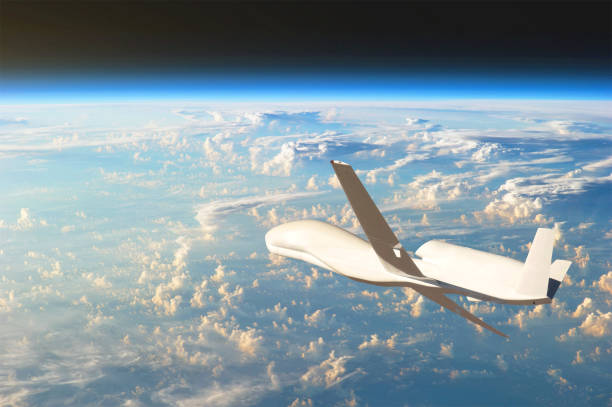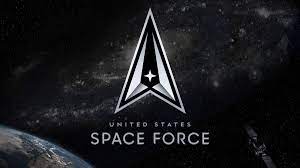The concept of space, once reserved for science fiction and the dreams of astronomers, has become a significant arena for geopolitics and defense. In recognition of this, the United States established the Space Force, a new military branch dedicated to space operations. This article delves into the origins, roles, and challenges of the United States Space Force.
Origins and Establishment:

The United States Space Force (USSF) was officially established on December 20, 2019, under the National Defense Authorization Act. While it is the youngest branch of the U.S. military, the nation’s involvement in space defense dates back to the Cold War era, where space became a theater for strategic competition with the Soviet Union.
Before the creation of the USSF, the U.S. Air Force oversaw most of the country’s military space operations through the Air Force Space Command. However, given the rapidly evolving challenges and opportunities in space, it became evident that a dedicated force was necessary.
Roles and Responsibilities:

The USSF’s primary mission is to organize, train, and equip military personnel for space operations. Its key roles include:
- Satellite Operations: Ensuring the functionality and security of U.S. military satellites, which play vital roles in communication, surveillance, and navigation.
- Space Domain Awareness: Monitoring space to track natural and man-made objects, ensuring safe satellite operations, and detecting potential threats.
- Space Control: Protecting U.S. assets in space and, if necessary, denying potential adversaries the use of space-based capabilities.
- Launch Operations: Deploying satellites and other payloads into space, supporting military operations and national objectives.
Challenges and Controversies:

While the establishment of the USSF highlights the growing importance of space, it has not been without challenges:
- Budget and Bureaucracy: As a new branch, the Space Force must carve out its budget, attract talent, and set up operations without causing undue bureaucracy or redundancy with other branches.
- International Relations: Space is a global commons. While the U.S. sees the Space Force as essential for defense, other countries might interpret it as militarizing space, potentially leading to tensions.
- Technological Challenges: Space operations are technologically demanding. Ensuring that U.S. capabilities remain state-of-the-art, especially with the rapid advancement in satellite and rocket technologies, is a constant challenge.
- Legal and Ethical Concerns: Space law, as outlined in treaties like the Outer Space Treaty, emphasizes the peaceful use of space. As nations ramp up their military presence, questions arise about the implications of potential conflicts in space.
Looking Ahead:
As countries around the world continue to expand their activities and interests in space, the importance of space as a strategic domain will only grow. The U.S. Space Force, though young, symbolizes a significant shift in recognizing space as a potential theater of operations, much like land, sea, air, and cyberspace.
The challenge for the U.S., and the world at large, will be to balance defense interests with collaborative and peaceful exploration. As the saying goes, “Space is the final frontier,” but it is up to humanity to decide how this frontier will be navigated.










